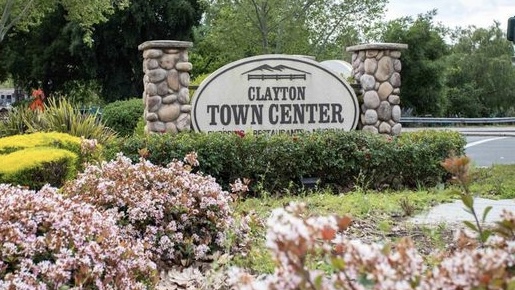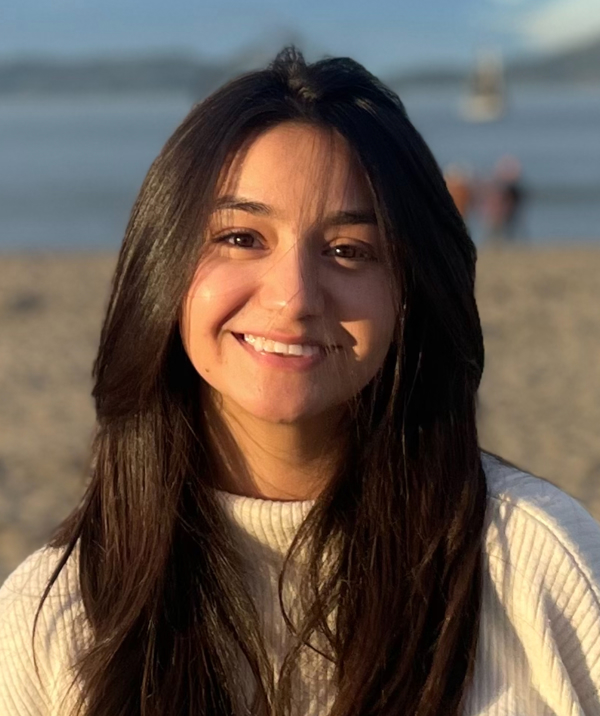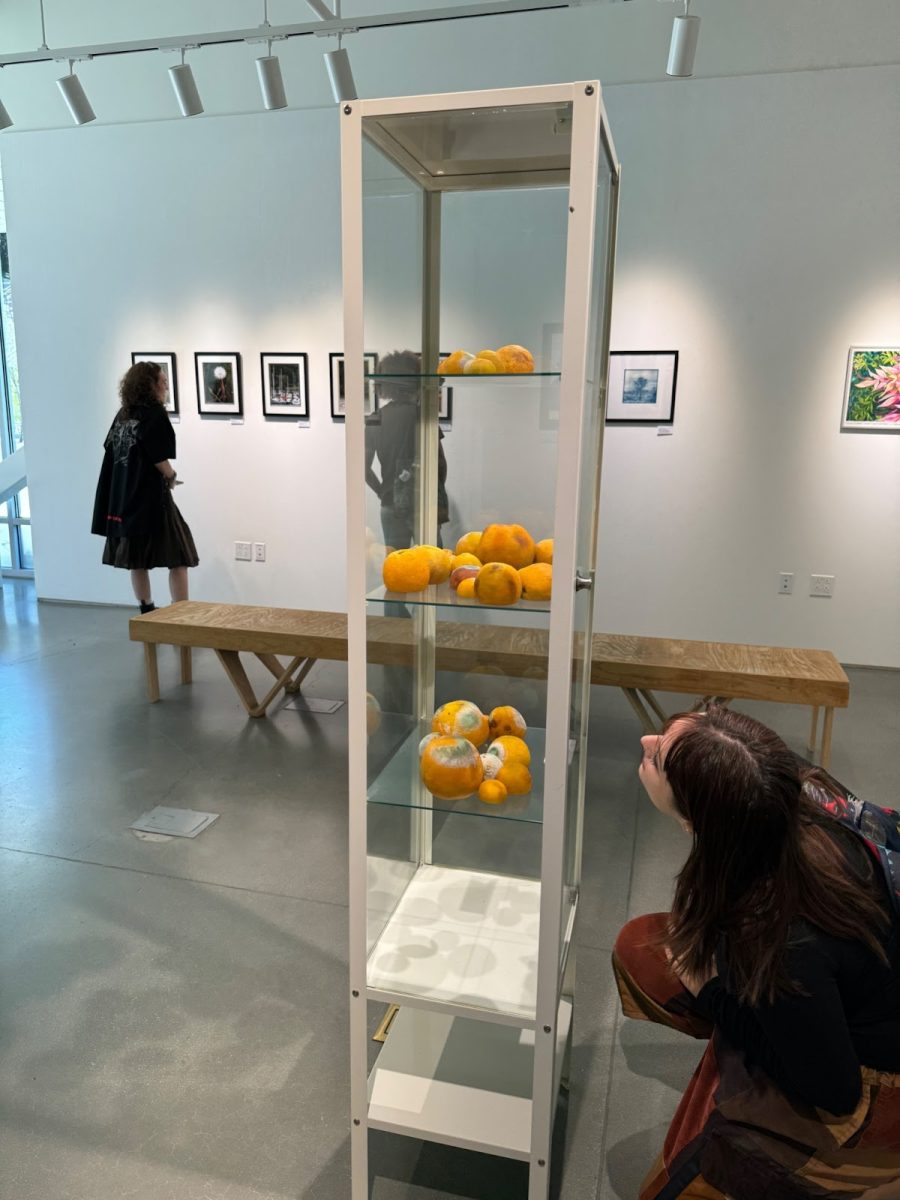Grade scam in court
March 18, 2009
During the summer 2005 semester, a group of students met with Kahlid Nehmati at the DVC duck pond, only to learn he was raising his price for having grades “fixed” on their transcripts.
It would be $200 more per person, Nehmati said. Only some of the group paid at that time.
The meeting included Mateen Rooshen, who would pay Nehmati “somewhere between $1,500 and $1,700” to have six of his grades changed. Also present was Monto Sharma, who gave Nehmati $400 in cash to change three grades and was also required to fill Nehmati and his girlfriend’s cars with gas multiple times at no charge to them.
“It was an illegal enterprise so he [Khalid] can ask for whatever he wants,” Sharma testified Monday in Martinez Superior Court.
Intimate details of the cash-for-grades scandal that put DVC at the center of national and international headlines emerged this week at the first trial to involve a suspected grade buyer.
Former DVC student Sumair Arif is charged with a single misdemeanor count of conspiracy to commit computer fraud for allegedly paying money to have four of his grades changed by a student worker in the college’s Admissions and Records office.
If convicted, Arif would spend as much as a year in county jail.
Arif is only the second suspect in the scheme to go to trial. Last year, a jury found Eric Martinez, who was accused of changing grades, not-guilty on all nine counts of conspiracy to commit computer fraud.
Fifty-four others accused of either buying or selling hundreds of grades in a scandal that may have begun as early as 1999 have pleaded guilty after striking deals with the district attorney’s office for reduced charges and lighter sentences.
The scheme did not become public until the Contra Times broke the story in January 2007.
On Monday, seven people testified for the prosecution, including Sharma and Rooshen, who had both pleaded out on similar charges and agreed to testify as part of their plea agreement.
Both men testified to knowing Arif from shared classes at DVC, participation in the Muslim Student Association and from their local mosque.
“Probably about 50 percent of that campus knew you could have grades changed”– Mateen Rooshen |
Sharma said the three men, and others involved in the scandal, took a Chemistry 120 class in the fall of 2004 where the possibility of having grades changed was first raised.
“Probably about 50 percent of that campus knew you could have grades changed,” Rooshen said.
None of them showed much interest in the idea at first, but by spring of 2005 Rooshen and Arif were trying to negotiate a better price with Nehmati, a middle man in the conspiracy, because Arif couldn’t afford to pay the $600 per-grade change Nehmati was asking, Sharma testified.
As part of their plea agreements, Sharma and Rooshen both confessed they had paid to have their grades changed through Nehmati who would then arrange it with a person, unknown to them, who worked in the DVC Admissions and Records office.
“You pay money to Khalid [Nehmati], he sends your money to the ringleaders,” Sharma said. “He didn’t tell you who they were, and then they completed the transaction.”
Because Arif could not afford to pay to have his grades changed, he did mechanical work on Nehmati’s car, both Sharma and Rooshen testified.
Arif was present at the duck pond meeting with Nehmati, though he arrived later than the rest of the group, they both said.
“Numerous times he [Arif] told me he needed discounts,” Sharma said.
Many times during both Sharma and Rooshen’s testimony, the defendant shook his head, eyes cast downward.
Also among the witnesses Monday, physics instructor Oshri Karmon testified he had not authorized the grade change from “C” to “A” on Arif’s transcript.
When the trial began March 13, Deputy District Attorney Dodie Katague began his opening statement with a poster-sized version of the record showing the changes made to Arif’s grades, along with a hand-drawn graph with the names of those involved and red arrows showing how they were connected.
Katague told the jury that Arif bartered and bought grades during his time at DVC and, by doing so, involved himself in the larger conspiracy.
“”[This] is not a trial about whose grades were changed…Otherwise there would be hundreds of students in jail.”– Defense Attorney Tom Olgas |
When defense attorney Tom Ogas’ presented his opening statement, he assured the jury that he was not contesting the fact that Arif’s grades were changed.
“[This] is not a trial about whose grades were changed,” Ogas argued, “Otherwise there would be hundreds of students in jail.”
Instead, he said, the trial is “about a conspiracy.”
“What you’re going to discover,” Ogas said, “is that, at best, Sumair is a customer, but not a co-conspirator.”
After opening statements, Katague called to the witness stand two grade sellers, Julian Revilleza and Liberato “Rocky” Servo, both of whom have already pleaded out and served time in county jail for their crimes.
DVC instructor Beatrice Osborne was also called to the stand to testify the “A” listed on Arif’s transcript for Math 192 was not in fact the grade he had received in her class.
Revilleza and Servo testified to the details of their grades-for-cash scheme, which lasted over four years and was not discovered by the college until February 2006.
And while both witnesses admitted to changing student’s grades for money or trade, neither one admitted having ever met or seen Arif until the day of the trial.
In an interview with the Inquirer after the trial was adjourned for the day, Katague said he isn’t worried that the defense’ case seems to hinge on this fact.
“It’s a typical criminal-type conspiracy because they’ve insulated themselves so no one can squeal on the other,” Katague said.
“If that’s his defense, good luck to him,” he said.
Arif’s attorney refused to comment when asked for an interview.






































































